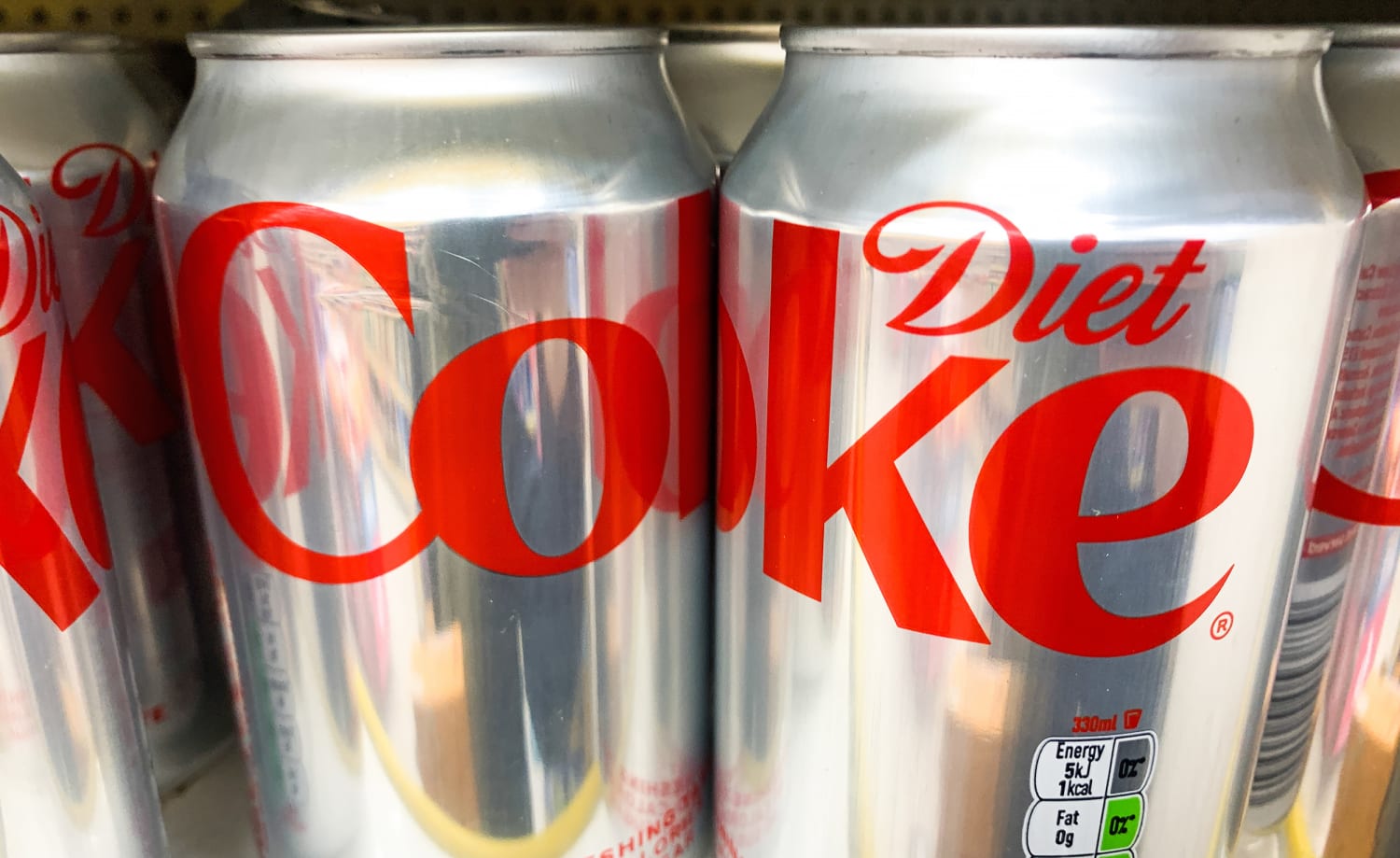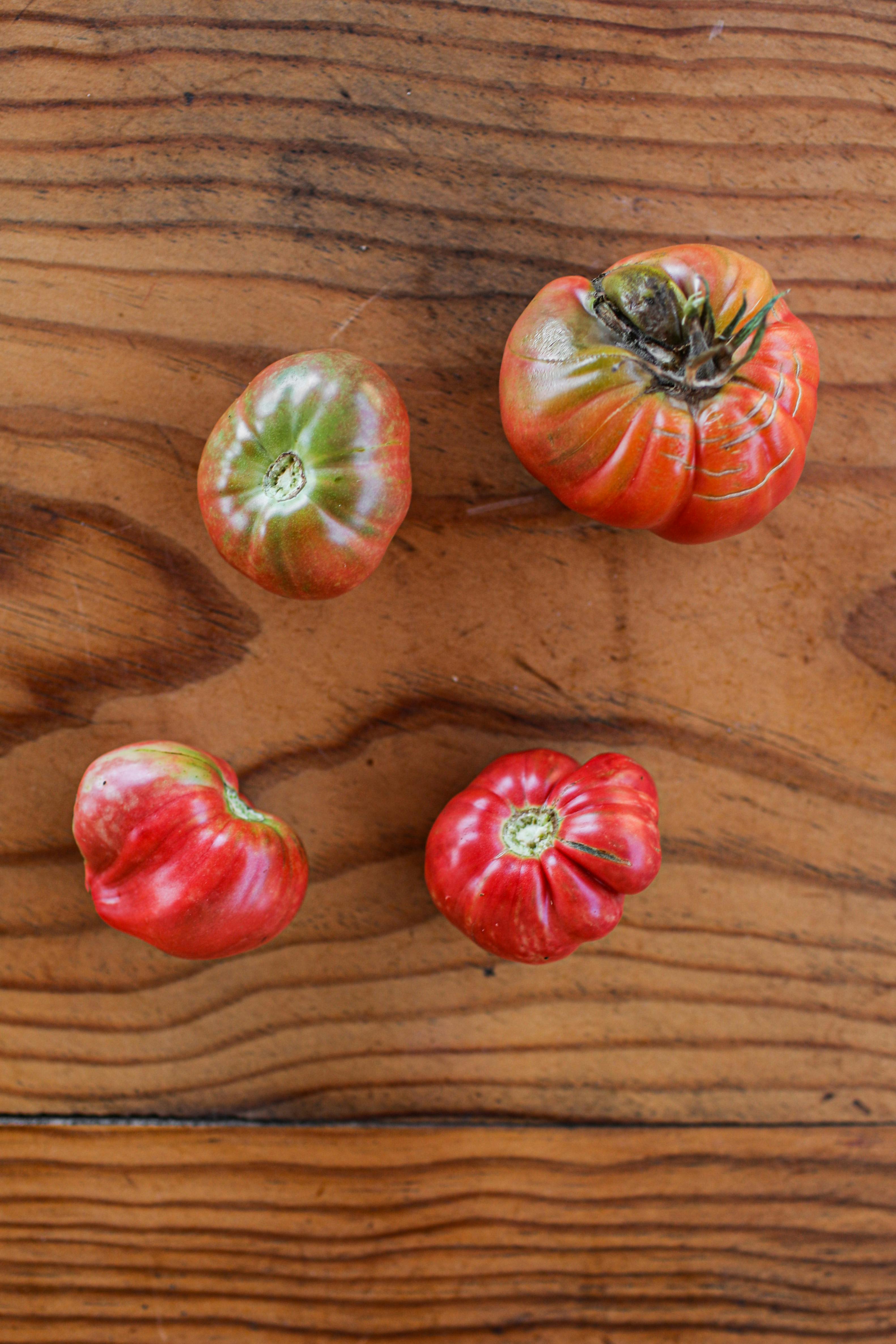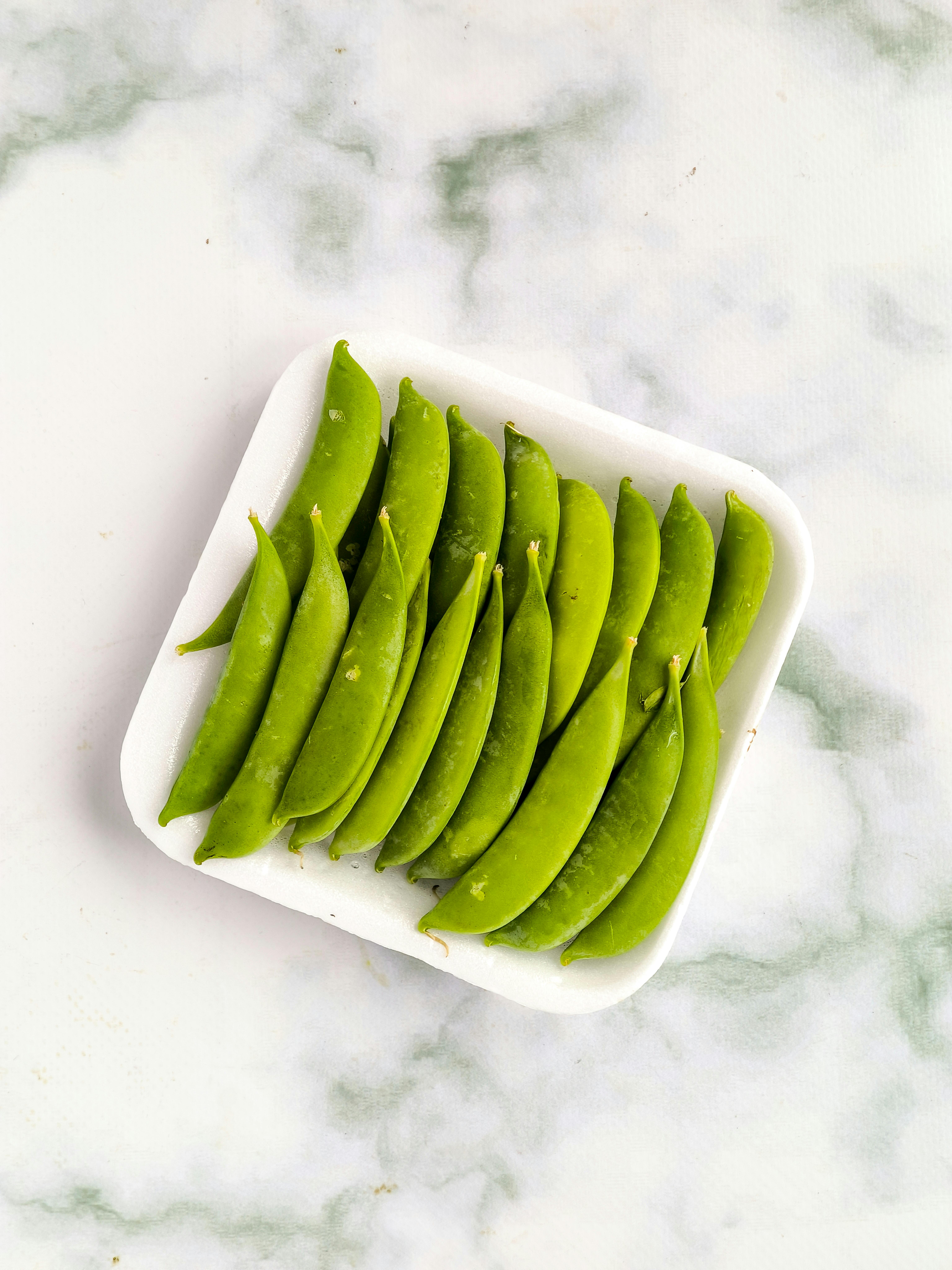Effective Ways to Improve Goat Diet for Optimal Health in 2025

Effective Strategies to Enhance Goat Diet for Optimal Health
The importance of providing a balanced and nutritious diet for goats cannot be overstated. In 2025, the focus on goat nutrition will be more critical than ever, as farmers and goat owners seek to improve the health and productivity of their herds. A well-managed diet not only promotes overall wellbeing but also enhances productivity in terms of milk and meat production. With the right feeding practices, you can ensure that your goats receive the nutrients they need to thrive.
In this article, we will explore the various components of an optimal goat diet, including feeding practices, nutritional needs, and specific food types. Moreover, we will provide insights into common mistakes and how to efficiently manage a goat's dietary habits. By following these effective tips, you can help your goats achieve their best health.
Key takeaways from this article include understanding what goats eat, managing their dietary preferences, and how to adjust their feeding practices seasonally. Let's delve into the essential components of a balanced goat diet.
Understanding the Nutritional Needs of Goats
Building on the basics of goat care, understanding your goats' nutritional needs is crucial. Goats require a diverse diet tailored to their body condition, age, and activity level. Key nutritional components include proteins, carbohydrates, fats, vitamins, and minerals. For the best goat diet, it's essential to balance these elements, ensuring that your goats receive adequate nourishment for growth and reproduction.
Essential Nutrients for Goat Health
Proteins are a vital component of goat nutrition, contributing to muscle development and overall health. High protein goat feed options include legume hays like alfalfa and clover. Additionally, carbohydrates provide the necessary energy for daily activities and can be sourced from grains and various forage types.
Fats, although needed in smaller quantities, play a significant role in energy provision and nutrient absorption. Vitamins such as A, D, and E are critical for maintaining a goat’s immune system, while minerals like calcium, phosphorus, and magnesium support bone health and metabolic processes.
Goats’ Dietary Requirements During Different Life Stages
Goats have unique dietary requirements at various life stages. For instance, kids require a high-protein diet to support growth, while pregnant or lactating does need increased caloric and nutritional intake to sustain their health and productivity. Understanding these requirements allows for proper scheduling of goat feeding practices, ensuring that each animal receives the nutrients it needs to thrive.
The Importance of Fiber in Goat Diets
Fiber is essential for healthy gastrointestinal function in goats. High fiber diets promote proper digestion and prevent issues such as bloat and constipation. Pasture grazing and hay are vital in meeting goats’ fiber needs. Ideally, hay for goats should be high-quality, free of mold and dust, to provide the best possible nutritional benefits.
Monitoring Goat Body Condition
Monitoring goat body condition is vital for ensuring that dietary needs are being met. Regular assessments help you understand if your goats are underweight, overweight, or at a healthy weight. Adjustments to their diet can be made based on these observations, significantly impacting their overall health and productivity.
This naturally leads us to the importance of managing their grazing environments to align with their nutritional requirements.
Managing Goat Grazing Areas for Optimal Nutrition
Effective management of grazing areas is crucial in optimizing the nutrition of your goats. Proper pasture management ensures goats have access to the right types of forage, which can lead to enhanced health and productivity. By rotating grazing areas and understanding the local ecology, you can provide an enriching environment that meets various nutritional needs.
Choosing the Right Pasture for Goats
The selection of pasture is fundamental in providing the best grazing experience for goats. They thrive on diverse plant species, so maintaining a mix of grasses, legumes, and browse plants is essential. This variety not only meets their nutritional needs but also reduces the risk of overgrazing and promotes plant health.
Seasonal Changes and Their Impact on Goat Diets
Seasonal changes significantly impact the availability and quality of pasture for goats. It's essential to adapt feeding strategies according to seasonal variations in forage growth, moisture content, and nutrient availability. For instance, during winter, supplementation with hay or grains is often necessary when fresh grazing is unavailable.
Implementing Rotational Grazing Techniques
Rotational grazing can be an effective method to manage pasture health and goat nutrition. By rotating goats between different grazing areas, you prevent overgrazing and allow pastures to recover fully. This system not only keeps goats healthier by providing fresh, nutrient-rich forage but also promotes biodiversity in the pasture.
Understanding Goat Feeding Zones
Designating specific feeding zones within a pasture can help control feeding behaviors and encourage better nutrition. Providing separate areas for grain, hay, and free access to pasture allows goats to self-regulate their intake, promoting a balanced diet. It also minimizes competition for resources, leading to healthier livestock.
Best Goat Feed Types for Optimal Health
With various goat food types available in the market, selecting the right feed can significantly impact your goats' health. Proper feed selection plays an essential role in meeting the nutritional needs of goats, ensuring their health and productivity.
High-Quality Grains and Pellets
Grains and pellets can be an excellent supplement for goats, particularly in times of increased nutritional demand, such as lactation or growth periods. High-protein goat feed options like soybean meal, and commercially prepared goat pellets can provide concentrated nutrition that is readily available. Be sure to monitor the quantity to prevent overfeeding, as excess grain can lead to digestive issues.
The Benefits of Organic Goat Feed
Organic goat feed options are increasingly popular among goat farmers. These feeds typically contain non-GMO ingredients and are free from harmful pesticides and additives. The use of organic goat feed can contribute to healthier goats and potentially improve product quality in terms of milk and meat. Consider incorporating more organic options into your feeding practices for added benefits.
Supplementation and Minerals for Goats
Goats often require additional supplementation to meet their vitamin and mineral needs. Minerals for goats, such as salt, calcium, and magnesium, can be provided through specialized mineral blocks or powders. These supplements support overall health and prevent deficiencies that might lead to common goat diseases or performance issues.
Developing a Goat Feeding Schedule
Consistency is key when it comes to feeding routines. Establishing a goat feeding schedule can help create a stable environment, contributing to better digestion and nutrient absorption. Feeding at the same time every day can help regulate goats’ digestive health and allow you to monitor their eating habits effectively.
Incorporating these feed types and strategies into your goat diet will enhance their health and wellbeing. As we move on, let’s discuss how to identify and address potential feeding challenges.
Common Feeding Challenges and Solutions
Despite best intentions, common feeding mistakes can occur, leading to nutritional imbalances and health issues in goats. Recognizing and addressing these challenges is crucial for maintaining optimal health in your herd.
Identifying Dietary Deficiencies
Goats may show signs of dietary deficiencies through changes in behavior, body condition, or production levels. Keeping detailed feeding records can help you identify patterns and make necessary dietary changes. Regular veterinary visits and consultations can assist in diagnosing any issues related to nutrition.
Feeding Picky Eaters
Some goats can be picky eaters, which may lead to nutritional deficiencies. Understanding their feeding habits and preferences is essential in providing a diet that meets their needs. Experimenting with different feed types and combinations can help determine what they prefer while ensuring they receive a balanced diet.
Managing Overweight Goats
Controlling weight gain in goats can be a significant challenge for some farmers. Monitoring feed intake and adjusting portion sizes can help manage their weight effectively. Incorporating more fiber-rich, lower-calorie feed options allows goats to maintain body condition without excess weight gain.
Providing Adequate Hydration
Goat hydrating needs are often overlooked, yet they are crucial elements of overall health. Clean, fresh water must always be accessible. Consider the climate and activity levels, as these can impact hydration needs, especially during hot weather.

Addressing these common feeding challenges can enhance goat health and overall productivity. Next, we'll explore some innovative feeding strategies and the use of supplements for improved nutrition.
Innovative Goat Feeding Strategies for Enhanced Nutrition
In 2025, innovation in goat feeding practices can play a pivotal role in ensuring optimal nutrition and health management. From the use of technology to creative feeding approaches, there are numerous ways to enhance goat diets effectively.
Utilizing Technology in Goat Feeding
Embracing technology can improve feeding efficiency and monitoring. Tools such as feed analysis apps allow owners to evaluate the nutritional composition of various feed types. Additionally, tracking feeding habits and weights through smart devices can provide valuable insights into dietary needs.
Experimenting with Homemade Goat Feed
Creating your homemade goat feed can be a sustainable way to provide your goats with high-quality nutrition. By selecting specific grains, forages, and supplements, you can custom-tailor a diet that meets your goats’ needs while minimizing costs. Always ensure that homemade feed is balanced in nutrients.
The Role of Nutritional Supplements
Nutritional supplements for goats can significantly boost the overall health of your herd. Including probiotics, herbs, and energy supplements can improve gut health and nutrient absorption. However, it’s essential to consult a veterinarian before introducing new supplements to prevent imbalances.
Implementing Sustainable Feeding Practices
As environmental concerns rise, adopting sustainable goat feeding practices can benefit both your herd and the planet. Using cover crops for grazing, composting waste, and utilizing rotational grazing systems not only provides a varied diet for your goats but also preserves local ecosystems.

By implementing these innovative strategies, you can improve your goats' nutritional needs and overall health outcomes. Finally, let's answer some frequently asked questions regarding goat diets and feeding practices.
Frequently Asked Questions About Goat Diet
What do goats eat?
Goats are known for their diverse diet that includes various forage types, hay, grains, and supplements. They require a balance of fiber, protein, and minerals for optimal health.
How much hay should I provide for my goats?
The amount of hay needed can vary based on the goat's age, size, and grazing conditions. A good rule of thumb is to provide 1-2% of their body weight in hay daily.
Can I feed my goats table scraps?
While some fruits and vegetables can be occasionally fed as treats, it's essential to avoid feeding table scraps that may be harmful, such as avocado or candy.
How do I know if my goat's diet is balanced?
Monitoring body condition, behavior, and production levels can help you assess the balance of your goats' diet. Consulting with a goat nutritionist can further ensure proper dietary management.
Implementing these effective feeding strategies and properly managing your goat's diet will lead to enhanced health and productivity. Prioritizing goat nutrition is vital for ensuring your herd thrives in 2025 and beyond.